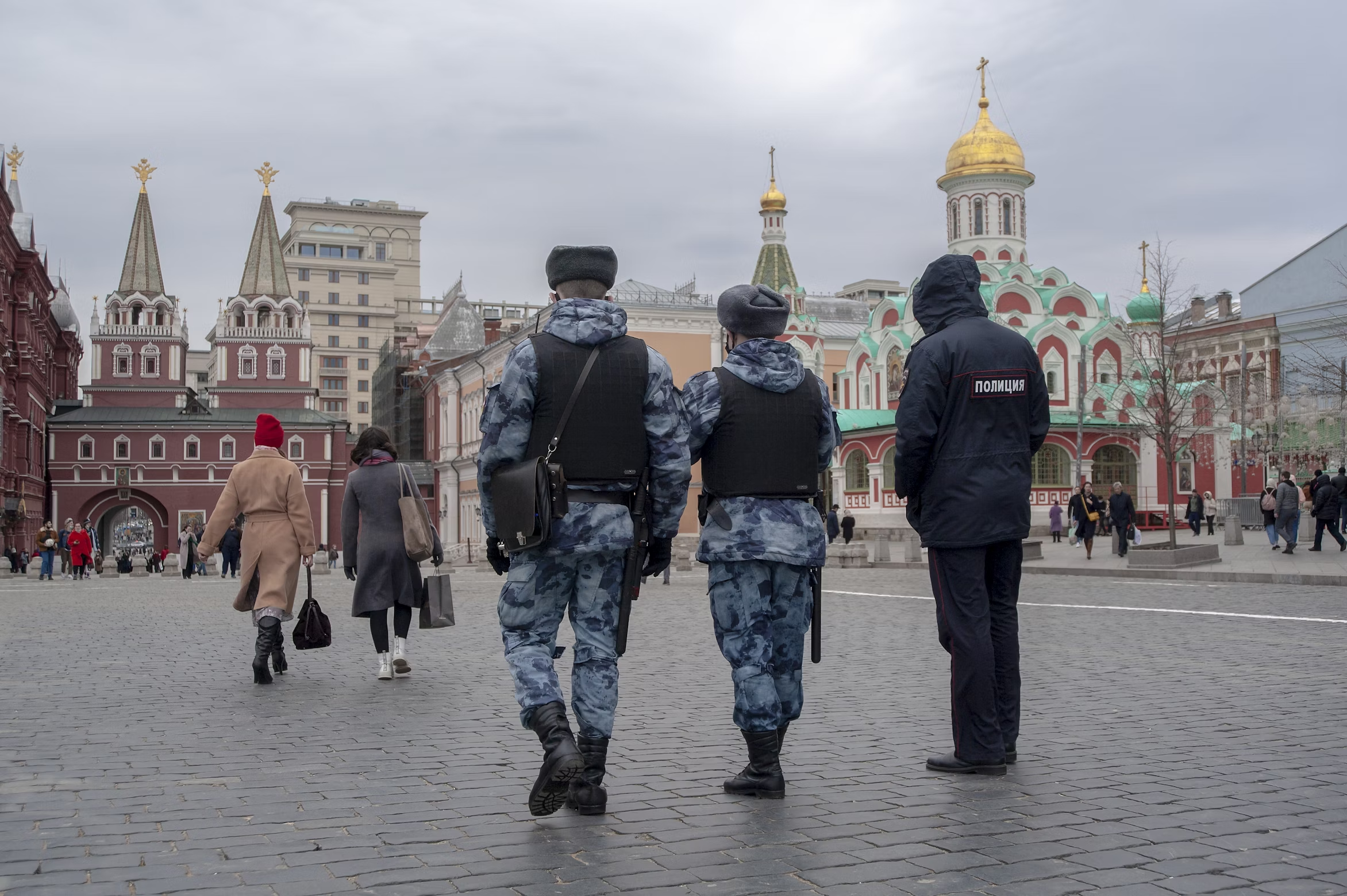Kyrgyzstan is the only country in Central Asia to have experienced not one, but two, revolutions, as well as a peaceful transfer of power through elections. In 2005, a “Tulip” Revolution ousted former President Askar Akayev, and another revolution ousted Akayev’s successor President Kurmanbek Bakiev in 2010. A constitutional referendum in 2010 gave more power to parliament, and peaceful elections took place in 2010, 2011, 2015, and 2017, although the OSCE found significant irregularities in their conduct. Although current President Sooronbay Jeenbekov appeared to be the chosen successor to former President Atambayev, the two fell out in 2019 and Atambayev awaits trial for charges related to corruption and violence in resisting arrest. Kyrgyzstan also faces significant human rights issues. Massive ethnic violence in the southern part of the country in 2010 largely targeted ethnic Uzbeks, and inter-ethnic tensions and discrimination continue today. Ethnic Uzbek human rights activist Azimjan Askarov remains in jail despite documented lack of a fair trial, including a 2016 finding by the United Nations Human Rights Committee. A bill being considered in early 2020, if passed, could strengthen government control over NGO activities.. The OSCE established what is now called the Program Office in Bishkek in 1998, and has observed national elections in Kyrgyzstan since 2000.
The Helsinki Commission has closely followed developments in Kyrgyzstan since its independence in 1991. Numerous hearings have looked at both revolutions, the human rights situation in the country, and inter-ethnic violence.
Staff Contact: Janice Helwig, senior policy advisor






